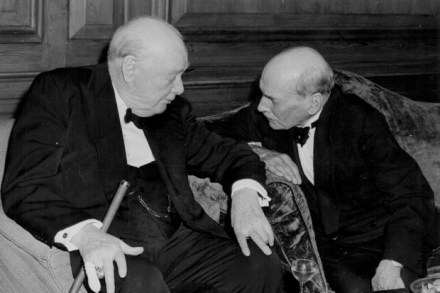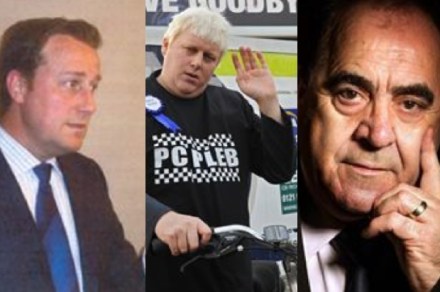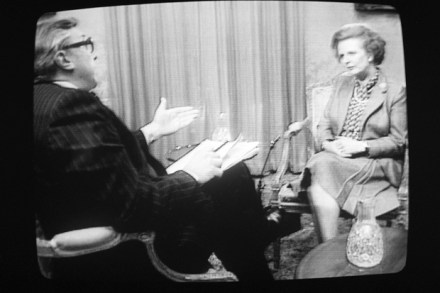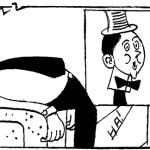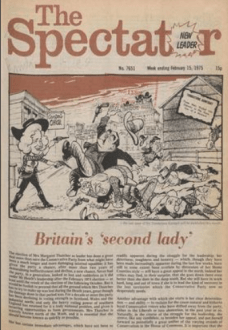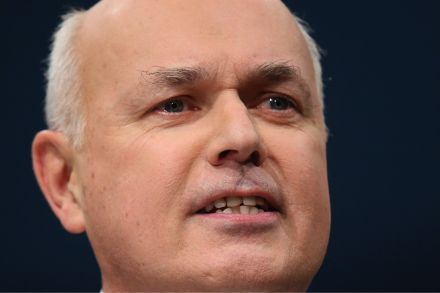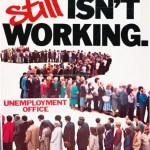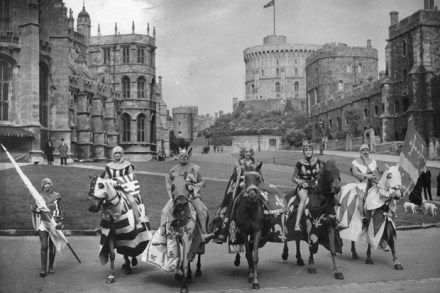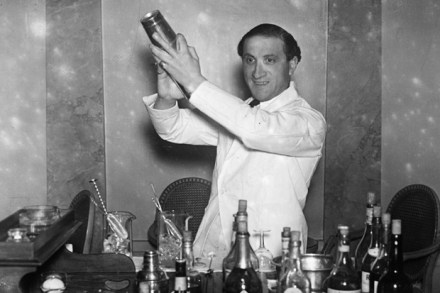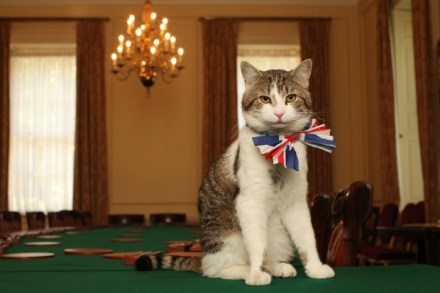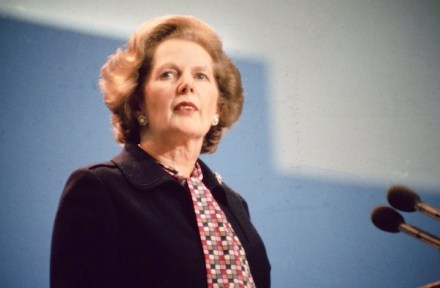The art of political biography remains in intensive care if Giles Radice’s latest book is anything to go by, says Simon Heffer
With the odd exception — I think principally of Charles Moore’s life of Margaret Thatcher — the genre of political biography has known hard times lately. There are few faster routes to the remainder shop, other, of course, than the political memoir, most of which I presume are now written to create a tax loss for their publishers. This decline is not down to poor scholarship, but, I suspect, to the general distaste so many literate and inquiring people feel for politicians. Reading accounts of the New Labour years in particular is rather like touring an abattoir before the cleaners have been in. So those who want to write about
